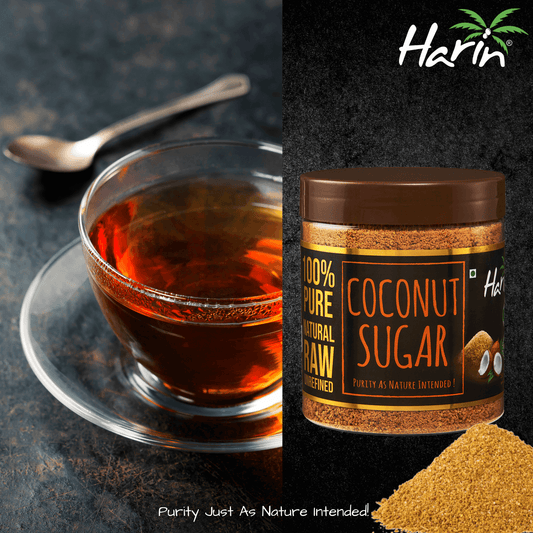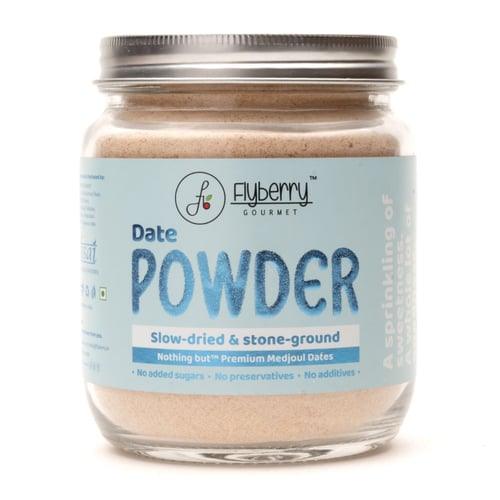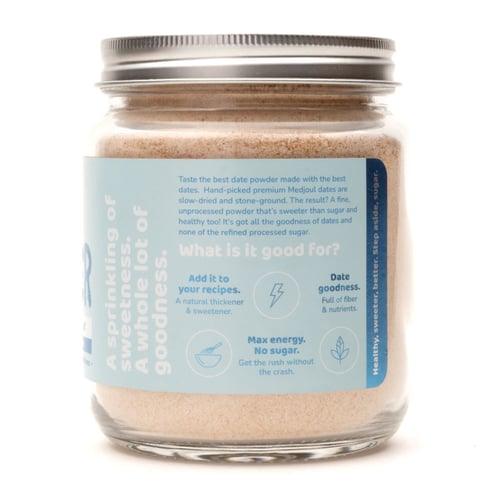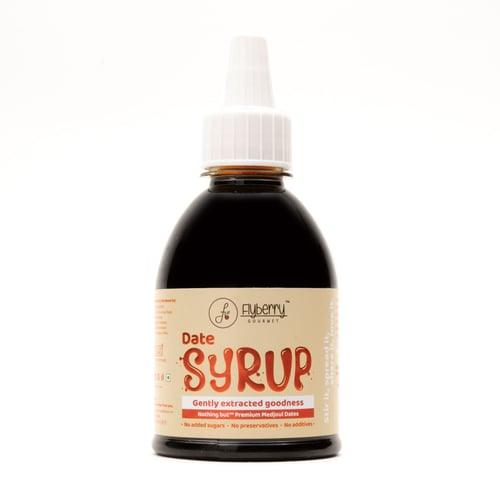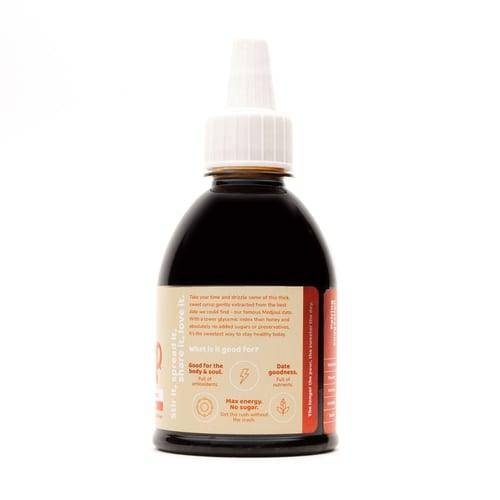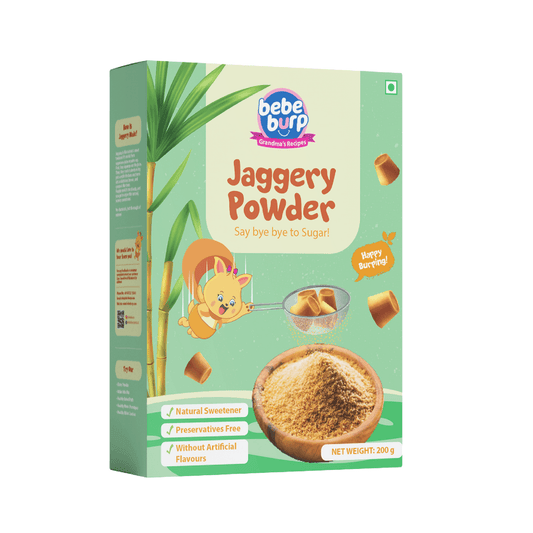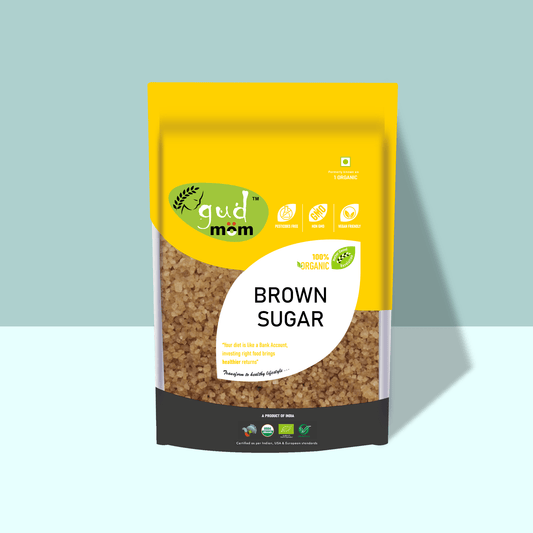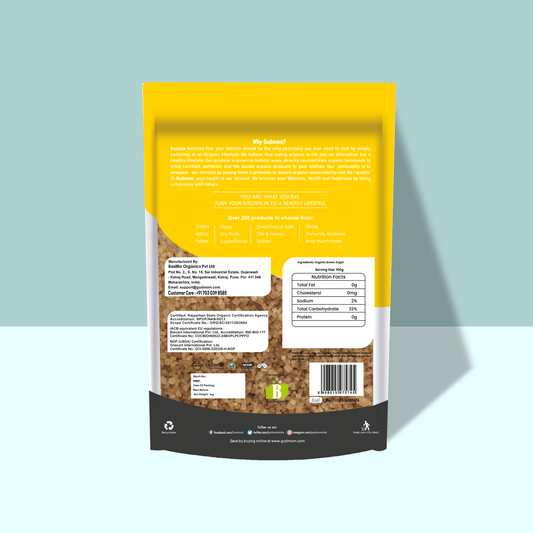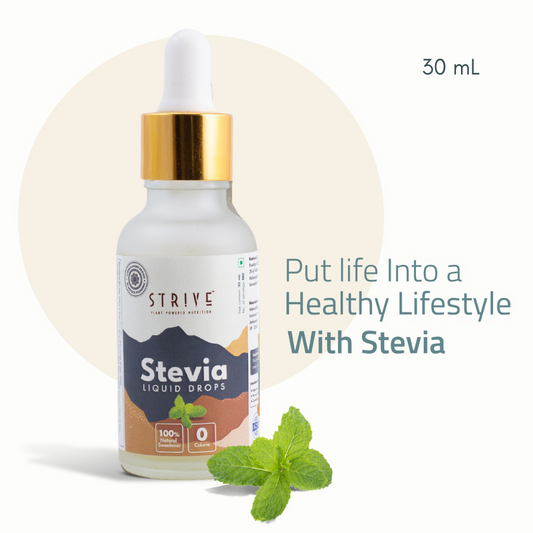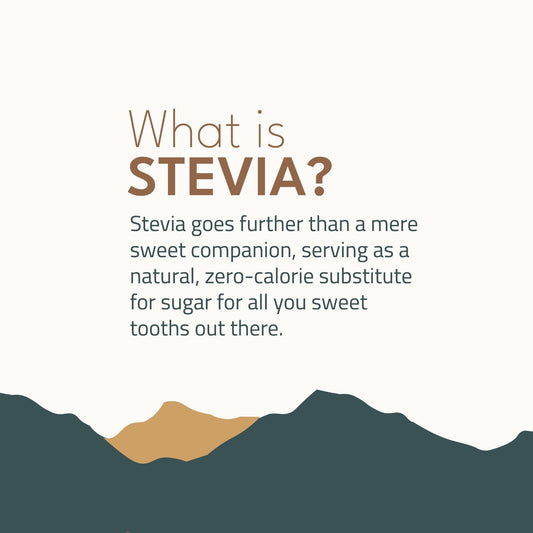Sugar alternatives, also known as sugar substitutes or sweeteners, are substances used to replace traditional table sugar (sucrose) in various food and beverage products. They are popular choices for people seeking to reduce their sugar intake due to health concerns, weight management, or conditions like diabetes. Sugar alternatives provide sweetness with fewer calories and may have a lower impact on blood sugar levels. Common Sugar Alternatives and How to Use Them: Stevia: Stevia is a natural sweetener derived from the leaves of the Stevia rebaudiana plant. It is intensely sweet and has zero calories. Stevia is available in liquid, powdered, and granulated forms. It is heat-stable and can be used for baking, cooking, and sweetening beverages. Erythritol: Erythritol is a sugar alcohol that occurs naturally in some fruits and fermented foods. It has a similar sweetness level to sugar but with only about 0.2 calories per gram. Erythritol doesn't raise blood sugar levels and is commonly used in baking, as a sugar replacement in recipes, and for sweetening beverages. Xylitol: Xylitol is another sugar alcohol found in small amounts in various fruits and vegetables. It has about 2.4 calories per gram but has a sweetness similar to sugar. Xylitol can be used in baking, cooking, and as a sweetener for beverages. However, excessive consumption can cause digestive discomfort in some individuals. Monk Fruit Extract (Luo Han Guo): Monk fruit extract is a natural sweetener derived from the monk fruit. It contains compounds called mogrosides, which provide intense sweetness without adding calories. Monk fruit extract is heat-stable and can be used in baking, cooking, and as a sugar substitute in drinks. Allulose: Allulose is a rare sugar found naturally in small quantities in certain fruits like figs and raisins. It has a taste and texture very similar to sugar, with approximately 0.4 calories per gram. Allulose is heat-stable and can be used for baking, cooking, and sweetening beverages. Agave Nectar: Agave nectar is a sweetener derived from the agave plant. While it is considered a natural sweetener, it is higher in fructose content than regular sugar. It is sweeter than sugar, so you'll need to use less in recipes. It can be used in baking, cooking, and as a sweetener for beverages. Maple Syrup: Maple syrup is a natural sweetener produced from the sap of maple trees. While it contains some vitamins and minerals, it is still a caloric sweetener. It adds a unique flavor and can be used in baking, cooking, and as a topping for various dishes. Coconut Sugar: Coconut sugar is made from the sap of coconut palm trees. It contains small amounts of vitamins and minerals but is still a caloric sweetener. It has a caramel-like flavor and can be used in baking, cooking, and as a substitute for brown sugar. When using sugar alternatives in recipes, keep in mind that they may have different properties and sweetness levels compared to sugar. It's essential to follow guidelines and experiment to achieve the desired taste and texture in your dishes. Additionally, some sugar alternatives may have an aftertaste or cause gastrointestinal issues in some individuals, so it's a good idea to start with small quantities and adjust to personal preferences.



